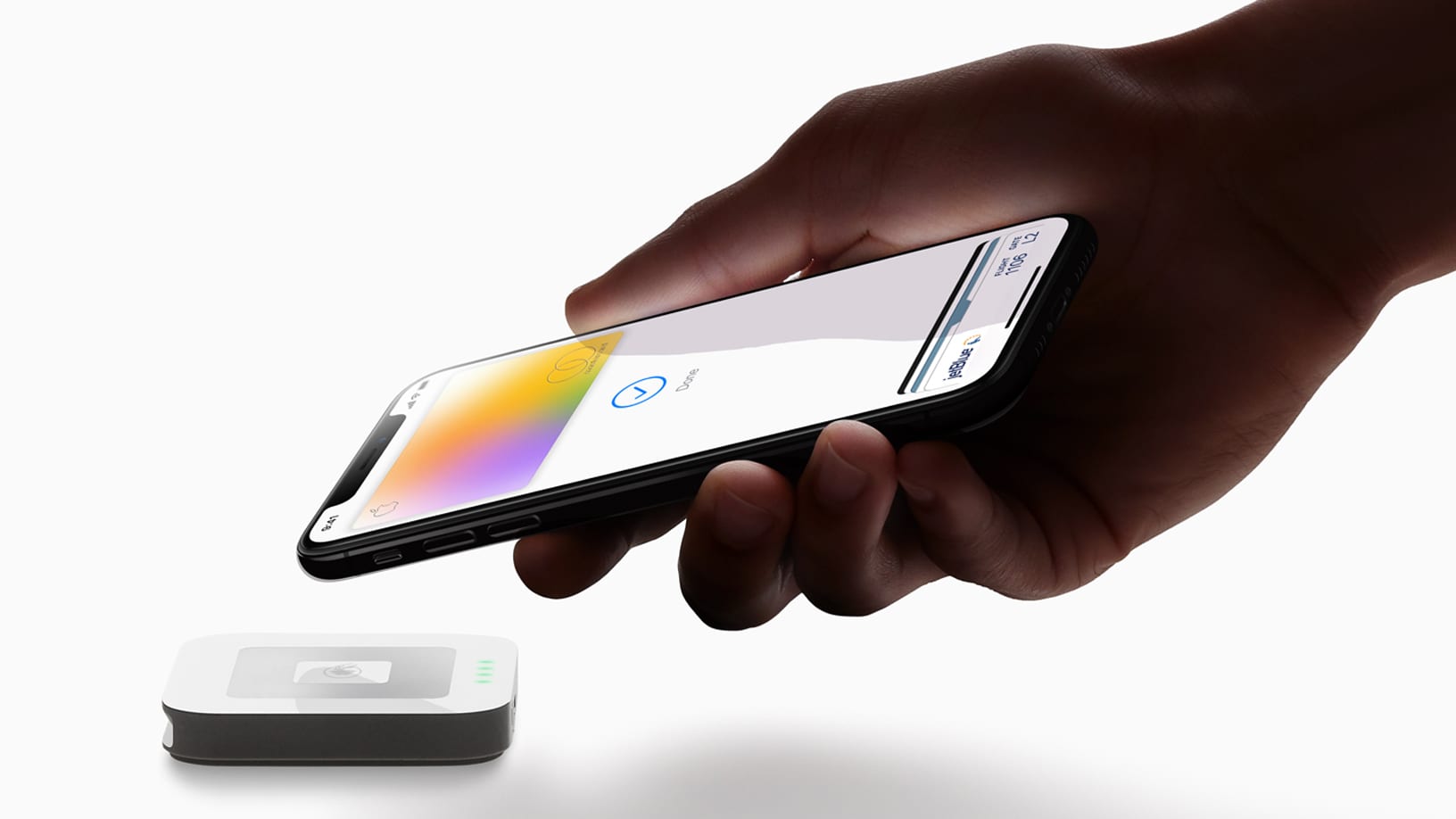David Heinemeier Hansson, a well-known software engineer, recently slammed the Apple Card on Twitter as sexist. His complaint: He was given a credit limit 20 times larger than his wife, even though she has the better credit score.
In response, the New York Department of Financial Services announced it will investigate the Apple Card algorithm to “ensure all consumers are treated equally regardless of sex.”
Women are more likely to be given higher interest rates on their debt, and researchers have pointed to the gender pay gap and discrimination by the credit market as potential problems. Up until the 1970s, single or widowed women could find they needed a man on their credit card applications to be approved.
More from Personal Finance:
Chase forgives debts of certain credit card holders
Here’s one easy way to pay less to your credit card company
These moves can tank your credit score
Goldman, which oversees banking decision’s on Apple’s much-hyped card, has has denied allegations of bias. It said it will reevaluate credit limits for Apple Card users on a case-by-case basis.
After Hansson’s Tweet, other couples told their stories of being given different terms, apparently for no good reason. Yet sometimes it was the husband who seemingly got the short end of the stick. Jen Wieczner, a writer at Fortune Magazine, was given a $20,000 credit limit on her Apple Card, while her husband was cut off at $7,500, despite their “virtually identical” credit scores.
The takeaway? “If you weren’t given the terms you deserve, don’t stand for it,” said Matt Schulz, chief industry analyst for CompareCards.com.
You can always call your credit card issuer and demand a higher limit. “The credit card marketplace is so competitive these days that banks won’t want to lose a good customer over a few thousand dollars,” Schulz said.
Apple announced on March 25, 2019, that it plans to roll out a new cash-back credit card this summer.
Source: Apple
If you’re not getting the answer you want, he added, don’t be afraid to ask to speak to someone higher up in the chain.
The odds are in your favor. More than 80% of card holders who ask for a larger limit are successful, according to Ted Rossman, industry analyst at Creditcards.com. He’s heard of people tripling their limits. People also stand a good chance of getting late fees waived and even their interest rate lowered, he added.
Fun fact: You can team up with your partner to score better credit card terms, Schulz said. A Consumer Financial Protection Bureau rule in 2013 said people can now include their spouse’s income on their own credit card application, Schulz said. “If you have understated your income, call your card issuer and tell them,” Schulz said.
Although, he cautioned, more is not always better. A larger limit “can boost your credit score and help you out when times get tough,” he said. “However, it can just make that debt hole you’ve already dug a bit deeper.”
The average person is carrying around $5,500 in credit card debt.
